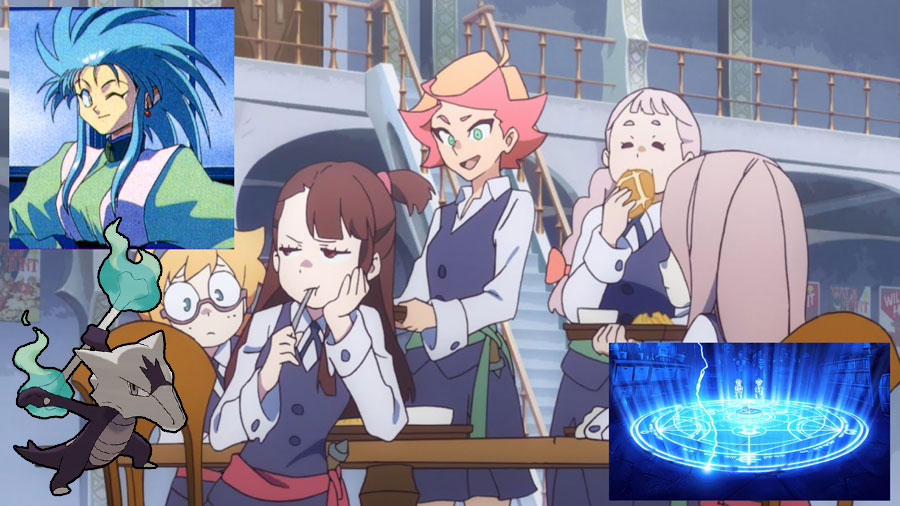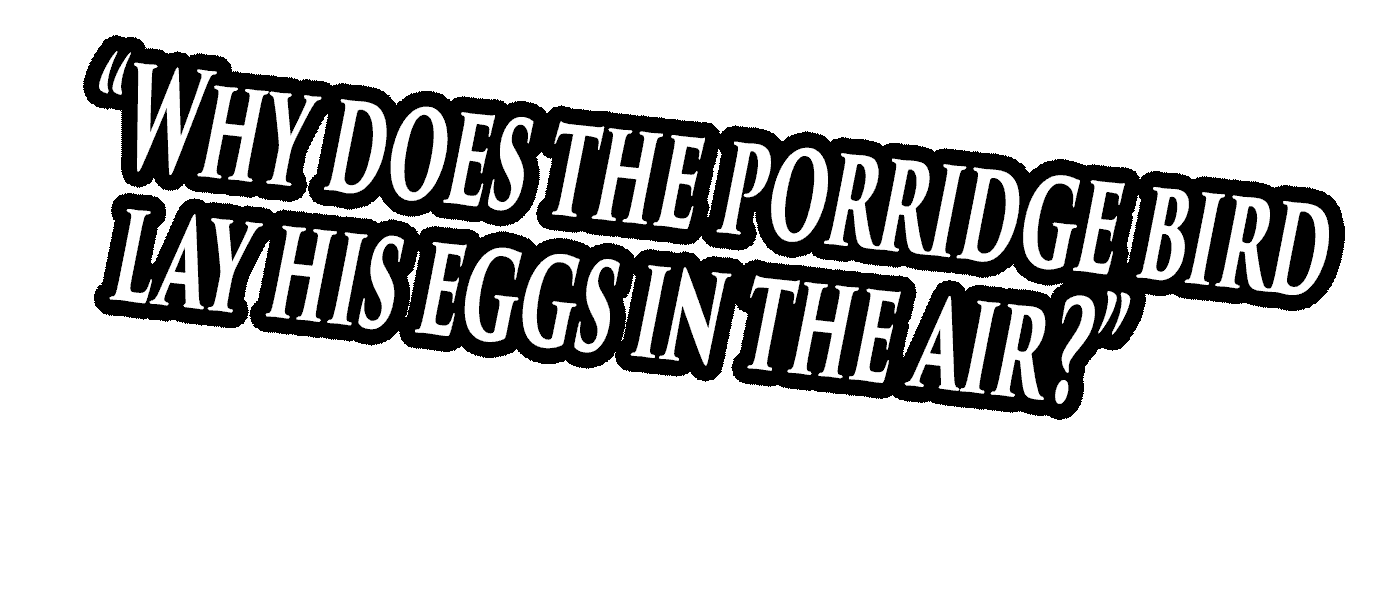The Actual News:

For more info, check out “The Owl House”. Just… check it out.
(A funny picture, courtesy of /co/)
Naw, nothing much, just a few thoughts.
I must say that the show isn’t as one dimensional as I thought it would be. The Ryoko analogue, Eda, is what got my attention to begin with… and while I was expecting the show to focus solely on Luz’s magic high school adventures, I’m glad that it covers other things as well.
But perhaps the one thing I feel that modern cartoons do a much better job of than cartoons from the 80’s is how they handle “real life” issues. Like, back in the 80’s, stuff like drug addiction or other “””naughty””” stuff has always been relegated to a “very special episode”. But today, those kinds of issues are carefully woven into the show and character development itself. And whereas in the 80’s, cartoons seem to take place in a world where it seems like none of these IRL issues even exists to begin with, modern cartoons definitely don’t hide away from it. I mean, it’s one thing to just not cover it, but it’s something else to act like it doesn’t even exist. Think of it like the difference between a cartoon series which never manages to have an episode about the North Pole only because it never got around to it, versus a cartoon series which actively denies the very existence of the “North Pole”. That’s what I’m on about: modern cartoons do a much better job of reflecting the issues found in real life, even if they don’t actually dedicate any time talking about it.
Case in point, the following scene comes from the 4th episode of Season 1, “The Intruder”, in which Eda explains why she needs her elixir, seeing as without it she turns into a gigantic hell-owlbeast!
I think this scene best examplifies the difference between how IRL topics are discussed in cartoons today versus back in the 80’s. Like, my adult POV feels that Eda’s curse is an analogy for any kind of disease that us adults face. Maybe it’s a reference to sexually transmitted disease, seeing as Eda doesn’t remember who gave it to her. Or maybe it’s a reference to drug addiction (such as alcohol or opiate abuse). Perhaps it could be some kind of mental health issue, such as bipolar disorder. In either case, Eda’s elixir could be a stand in for any kind of medication that Eda needs to take in order to control her disease, otherwise it makes her… well, not feel good. Certainly in the case of drug abuse and some mental health diseases where the afflicted needs to take a daily control medication—like methadone in the case of opiate abuse or clozapine for bipolar disorder—otherwise the pain of their diseases will kick in and they’ll start to get irritable, antsy, even angry… and they may inadvertantly take it out on other people.
Now these are all things that I as an adult wouldn’t want kids to face head-on, but I also feel that kids are smart enough to understand what’s going on and to not hide it from them. Children should especially understand that, one, it’s not their fault if we don’t get our “elixir” and we start not feeling ourselves, and two, as long as we get our “elixir”, we’ll be fine. Like Eda said, as long as we take the right steps, our “curses” are managable. Likewise, it’s fair for Luz to be worried if we’ll be all right… but yeah, we’ll be fine. I thank goodness we live in such a world where we can get our “elixirs” in a safe way from understanding people, instead of off the street from people who don’t give a crap about our situation.
…er… not that I would know anything about this! 
Anyways, this is a 180 from the cartoons of the 80’s, where those cartoon worlds act as if real life (warts and all) didn’t exist one bit… and if it did, it was something that needed to be covered in a “very special episode”, as if real life problems are always so easily compartmentalized into moments that only happen in “very special episodes” and never elsewhere. Instead in modern cartoons, stuff like Eda’s curse is not stuffed into a single episode only to be forgotten about by the next… it is instead weaved in and out of every episode, some with more or less attention than others, and much like how other real like situations come move in and out of any point in our lives.
Seriously, after watching this episode of The Owl House, I was really struck by how well written this show was, written by people who are not only not afraid of bringing the real world into the cartoon one, but also how to write it so that children can understand. And I appreciate good writing like that.
Anyways, that’s all I have to share at this moment. I wasn’t planning on saying much about this show to begin with, but rewatching Episode 4 inspired me to say a few words. Thanks for you time! Huzzah!

1 Comment
You’re the second person I’ve seen talking about Owl House recently, I think I’m gonna have to check it out!
Been a long time, but it’s good to see you doin stuff